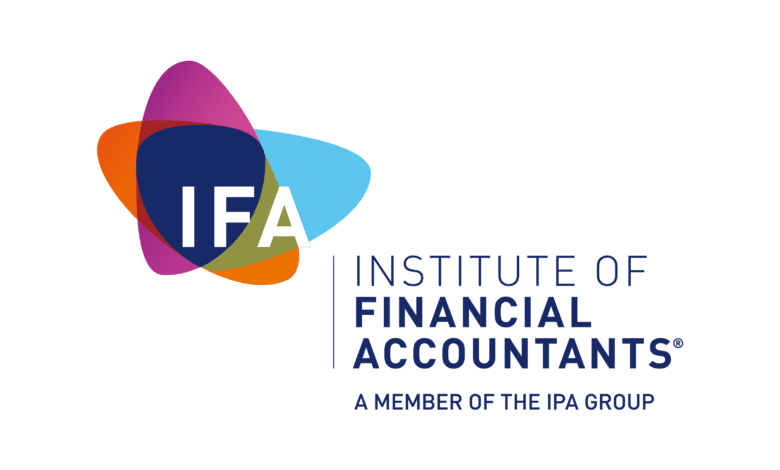
With businesses around the world marking commemorating ‘BCorp Month’ in March, the scale of this year’s celebrations show just how much the sustainability agenda has leapt forward in the last twelve months. It’s not the only thing driving a surge in sustainability, however, as regulatory requirements accelerate, offering accountants a prime opportunity to meet the imminent service demands of their clients.
Just under a year ago on 6 April 2022, the UK government introduced a new regulation for the UK’s largest companies, requiring them to disclose climate-related financial information. The Companies (Strategic Report) (Climate-related Financial Disclosure) Regulations 2022 is modelled on recommendations from the Taskforce for Climate-related Financial Disclosure (TCFD). It may not seem relevant to SME businesses given a lack of confirmed deadline for mandatory implementation, but SMEs and their accountants must not fall foul of a short-termism approach.
Regulatory change is coming – likely by 2025 for SMEs – so early adoption will ensure businesses are not left grappling with complex calculations on a pressing timeline. Add to this the onward requirements from both large-scale and international clients, and it may well be that SMEs need to report much earlier than the regulatory deadline in order to meet the needs of their own clients and prospects.
As accountants, there is opportunity now to upskill team members to meet sustainability best practice. This not only continues your role as trusted advisers, but also ensures you are not left with a skills shortfall to meet client demand in the near future. Climate reporting can be extremely daunting. It is detailed, complex, and often operationally unfamiliar, enabling accountants to step-in with strife-busting solutions to alleviate the SME headache. It plays to everything that accountants handle so well: figures, reporting, strategy, and detail.
The current standards
While some have heralded the foresight of the UK Government to mandate reporting, others have accused it of jumping the gun, developing an independent set of standards that ultimately may not align with global counterparts. According to its statement, the purpose of this early mandated reporting is to enable adoption by companies before it is globally commanded, thereby giving the UK economy a competitive edge over other countries. As such, there are technically three parallel standards that may ultimately impact on SME businesses:
The Companies (Strategic Report) (Climate-related Financial Disclosure) Regulations 2022 is in force now for the UK’s largest businesses, and is expected to incorporate all businesses by 2025.
The International Sustainability Standards Board (ISSB) has also been developing its own set of standards, and published the Exposure Draft IFRS S2 Climate-related Disclosure in March 2022, with an expectation that the final version will come into force towards the end of June / Q2 2023. Once finalised, it is expected that UK regulations will realign with the ISSB standards, given that they are both based on recommendations from TCFD. It is likely therefore that any changes will be manageable and will affect how reports are prepared rather than what is reported on.
The GRI standards offer a more expanded version of sustainability reporting, encompassing the full spectrum of environmental, social and governance (ESG) impact. For example, GRI incorporates human rights and employment due diligence, as well as having published sector standards which encourage reporting on sector-specific matters. The GRI standards have little or no impact on UK businesses currently, however many are calling for their adoption here, highlighting the value and credibility that can be gained from ensuring businesses are behaving ethically across every aspect of their business. What’s more, the GRI standards have gained a lot of international traction, which may have significant implications for SME businesses that are exporting.
What’s included?
The current Companies (Strategic Report) (Climate-related Financial Disclosure) Regulations 2022, requires businesses to report on:
- Governance and relationships in relation to the assessment and management of climate-related risks and opportunities.
- How these risks and opportunities are identified, assessed, and managed.
The actual and potential impact of these risks and opportunities on the business model and organisational strategies. - Resilience of the business model to different climate scenarios.
- Metrics and targets the company uses to manage climate-related risks and opportunities.
Prioritising sustainability
Many SME practitioners perceive that this reporting can be left until mandatory for SMEs – expected in 2025 – but this assumption could prove detrimental to businesses. As a new undertaking, most businesses will not be recording many, if any, of the relevant statistics that will be required for reporting. What’s more, it is not necessarily a straightforward checklist of criteria, adding the unique challenge of understanding what it being asked, and how it relates to an individual business.
Add these factors to the ongoing pressures of other regulatory and accounting change, such as the next phase of the Making Tax Digital rollout, and SMEs and their accountants will be wise to tackle the rollout at their own pace, while the timeline permits.
As trusted advisers, used to grappling with the complexity of business reporting, accountants have a significant advantage in becoming leading experts in sustainability standards. Digitisation of data and integrated reporting make it simpler to access and evaluate the relevant statistics required to undertake the reporting. Accountants may prove indispensable in undertaking the process, including establishing frameworks, monitoring data inputs, and ultimately reporting the findings.









